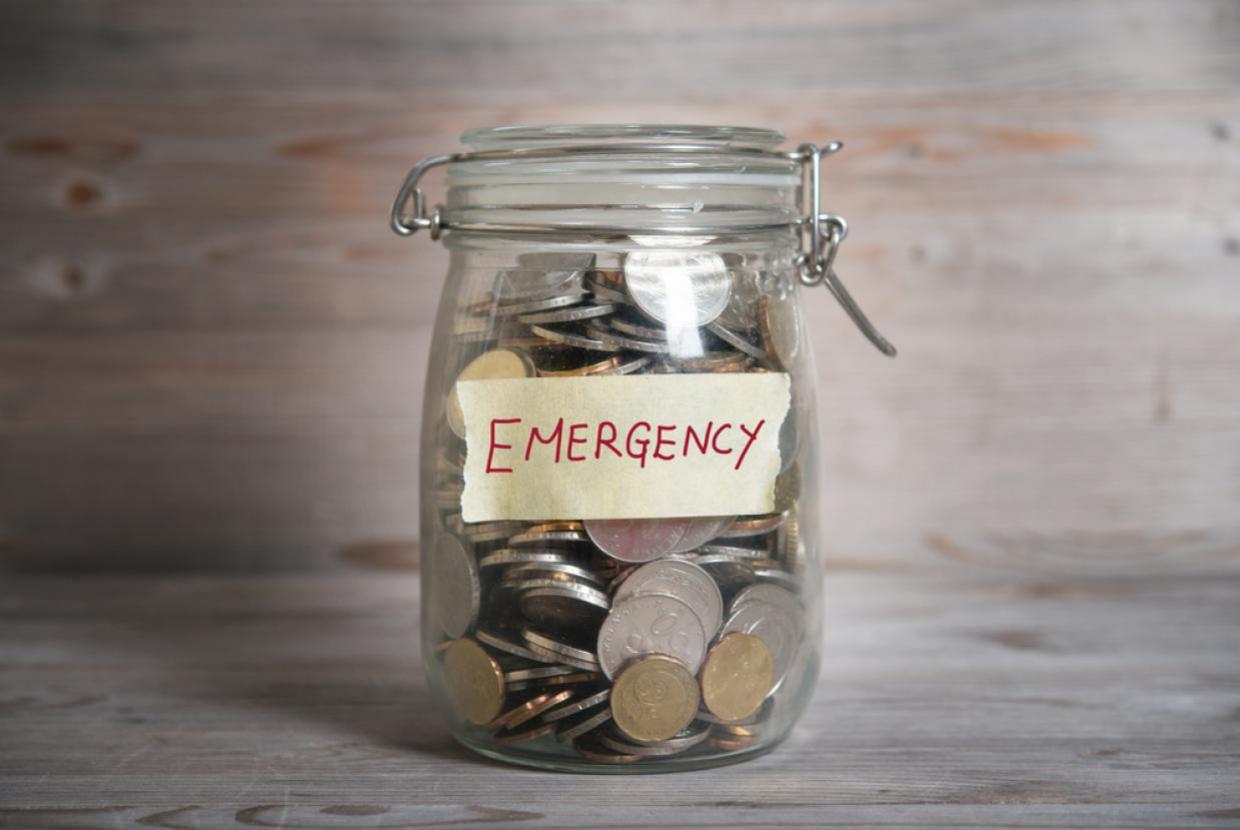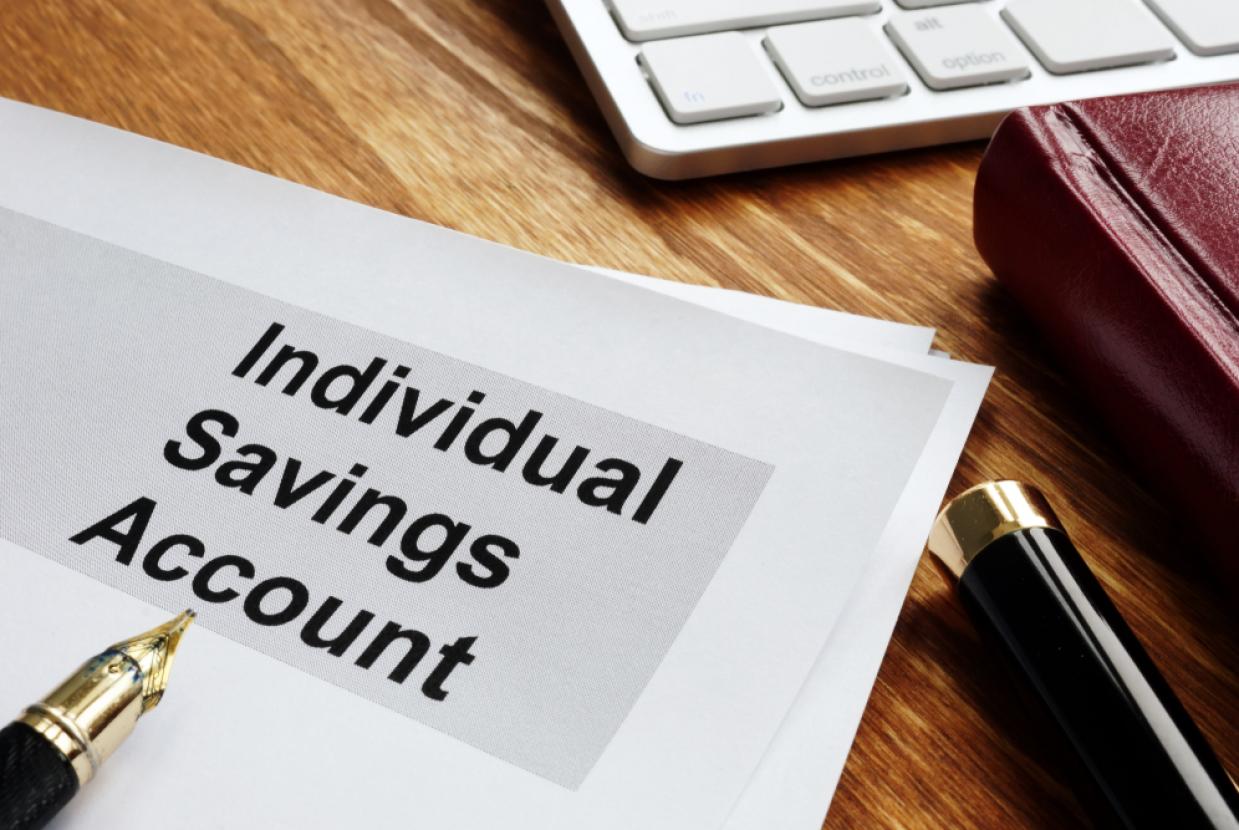Saving For A Mortgage Deposit
Saving up for a deposit can seem like the most difficult part of buying a home. Find out how much you might need and tips to get started.
How much deposit do you need to buy a property?
You usually need a deposit of at least 5% to 10% of the house price. For a £250,000 home, this means saving a deposit of between £12,500 (5%) and £25,000 (10%).
A low-deposit mortgage (or no deposit, like a 100% mortgage) can help you get on the property ladder sooner, but you’ll likely pay more because of a higher interest rate.
The interest rate on your mortgage often depends on your loan-to-value ratio (LTV). This compares the amount you want to borrow with what you can put down as a deposit.
Putting in a larger deposit creates a lower LTV and usually means a better deal, with 40% typically getting you the most competitive rate. So you might have to look around for the right deal or be prepared to save for a little longer.
Look at property prices in your ideal area to work out the size of the deposit you might need.
- Check websites like Rightmove, Zoopla or OnTheMarket
- Use the Nationwide house price index calculator
Government schemes if you need help to buy a home
Government schemes are available to help you buy a home, including the Lifetime ISA, Help to Buy, Right to Buy and Shared Ownership.
Find out what’s available where you live in our guide Government schemes for first-time home buyers and existing homeowners.
How to save money for a deposit
Once you know how much you’ll need for a deposit, make a plan to reach this goal and decide where to save.
Start a savings plan
How long it’ll take to save your deposit depends on how much you can afford to set aside each month.
For example, you can put away £10,000 by saving:
- £278 per month for 3 years
- £167 per month for 5 years, or
- £119 per month for 7 years.
Saving smaller amounts over a longer period can be more manageable than trying to save too much at once. It can help if you set up a standing order into savings for the day after you get paid.
Be realistic about what you can spare each month.
Use our Savings calculator to see how long it could take to reach your goal, or find out more in our savings guides.
Use a savings account
If you're saving for a long time, consider the interest rates.
You might already have a bank account that lets you set up a separate pot for your savings goals or a separate account you can use.
An instant access savings account is convenient, but usually offers a lower interest rate. If you don't need the money for a few years, look into longer-term savings accounts with higher interest rates.
Set up a regular standing order to automatically transfer money into your savings account to help you save more consistently.
Price comparison websites
Comparison websites are a good starting point when trying to find a savings account tailored to your needs.
Research the type of product and features you need - like quick and easy access to your cash - before switching or opening an account.
Popular websites include:
- MoneySavingExpert
- MoneySuperMarket
- Which?
Keep in mind that each comparison websites gives different results, so use more than one before making a decision.
Set up a Lifetime ISA (LISA)
If you’re a first-time buyer under 40, opening a Lifetime ISA (LISA) could give you a 25% boost on your savings.
So if you were to put £1,000 into your LISA, the government will add an extra £250.
Our guide on Lifetime ISAs explains everything you need to know.






































